“Black Mirror Season 6”:
♥ Joan is Awful Review & Explained(Analysis)
♥ Loch Henry Explained(Detailed) & Review
♥ Beyond the Sea Explained(Detailed) & Review
♥ Mazey Day Explained(Detailed) & Review
♥ Demon 79 Explained(Detailed) & Review
⚡ Spoiler Alert ⚡
⚡ Spoiler Alert ⚡
⚡ Spoiler Alert ⚡
Black Mirror Season 6 Episode 1 Review & Explained(Analysis)-Joan is Awful
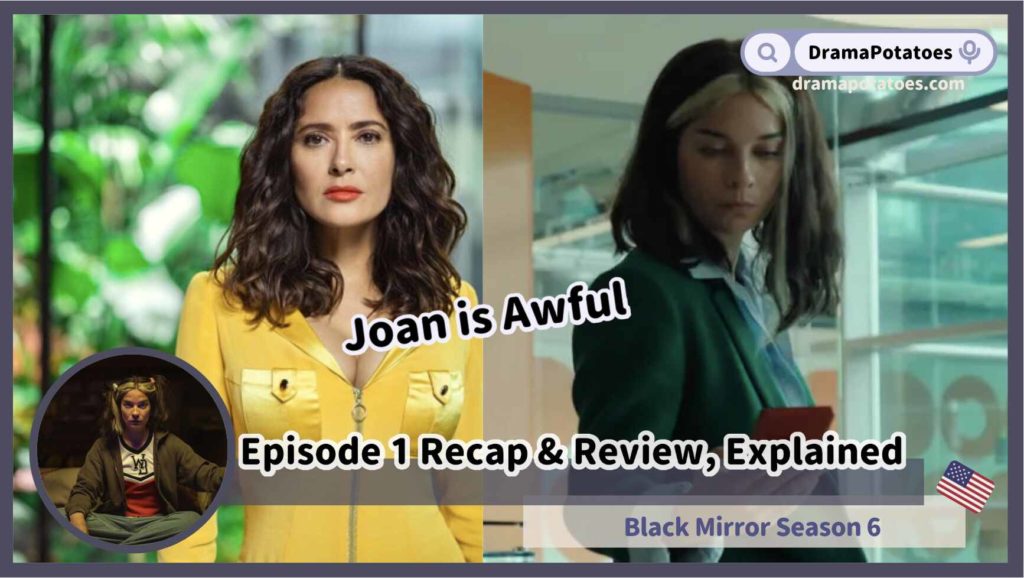
Joan is awful Review 1: We all crave attention but fear our secrets being exposed.
Black Mirror Season 6 Episode 1 – “Joan is awful” tells the story of an ordinary woman who discovers that her life has been turned into a streaming series on the international platform Streamberry.
Her daily routines and dark secrets are now available for everyone to see, with Hollywood star Salma Hayek playing the lead role. Their world falls apart as their lives become a drama for public consumption.
Joan: “I’ve always pretended. At work, I’m just a middleman between the board and employees. Every day is just putting up appearances. I’m engaged to Krish; he’s a good guy but boring, even his food has no taste, but I still pretend it tastes good. Saying this makes me feel terrible because I always feel like I’m not the protagonist in my own life story.”
From the beginning of “Joan is awful” Joan’s portrayal shows her desire for excitement in life and not wanting it to be so dull – she wants to be the protagonist in her own story. The implication here is that she feels forced into making choices rather than having agency over them.
However, what’s interesting about “Joan is awful” is that Streamberry fulfills Joan’s wish by making her the main character in her own life story – she can even change its direction through herself alone – but does this really make Joan happy?
I think what writers have done with Joan here is create a contradiction between desire and fear of being seen by others; being watched means secrets will be scrutinized and everything inside will be laid bare for all to see.
In one scene from “Joan Is Awful” when Joan discovers this show about herself, she denies it at first because it doesn’t seem like her at all; however deep down inside she knows that this is her story.
What I find interesting about the show on Streamberry is that sometimes Joan’s portrayal is “real,” and other times it’s been altered. For example, she didn’t intentionally throw a cigarette butt at an employee; it was just an accident, but the show portrays her as a “bad boss.”
However, when Joan complains to her counselor about Krish being boring in the show, those are real words (although they’re still exaggerated and altered). The most intriguing aspect of “Joan Is Awful” lies in how people around Joan react to the show and how they perceive her.
When watching this episode, every character’s reaction to the series is fascinating and leads to some great details brewing up or exploding – it feels like viewers getting too involved with a TV drama where everything affects them personally. This makes Joan look strange in front of colleagues and neighbors.
Joan is awful Review 2: Satire on the privacy loopholes brought by the internet and technology
In the second half of “Joan is awful”, viewers are deeply attracted to the plot and have various discussions about Joan. Regardless of the difference between reality and fiction, they would rather believe that Joan in the series is real, and even think that the real version of Joan is lying.
This strange human nature ferments around Joan, and this design in “Joan is awful” satirizes how technology dominates personal privacy, making a strong mockery between its original form and plagiarizers with a concept similar to who copied whom.
When Joan was fired, things got worse. When she went to TV Joan’s Lawyer for help, he said that Streamberry had the right to use her life and image for profit because she agreed to their terms of service.
This echoes satire on privacy loopholes brought by technology. In this episode of “Black Mirror”, it sharply criticizes existing networks and technologies as well as realistically presents AI, smart phones tracking people’s movements, ignoring user agreements behavior with sarcasm! I
believe that viewers browsing web pages or registering something have seen things like “privacy agreement (cookies)” or “terms of service”. Therefore Netflix really gave viewers a shocking message here: when you register for streaming media services there will be something called “user agreement” popping up.
“Joan is awful” magnifies this act of “agreement” into terror because thinking from another perspective means your online habits and your privacy are actually being unconsciously revealed without you knowing it at all; we think we have our own privacy but everything has been exposed nakedly.
In the plotline of “Joan is Awful” Streamberry listens in on her conversations through her phone or laptop while collecting information about her daily life before filming a show based on it.
What’s more interesting is that Netflix also mentions AI image generation. The actress who plays Joan only sells her own image to streaming media for use, and the streaming media can generate images digitally.
In the scene where Joan meets TV Joan’s Lawyer, it is like humans being invaded by technology but helpless to resist. Although “Joan is awful” only briefly touches on innovative quantum brain technology jokes, I think this episode really raises awareness of what we should be alert in our real world – don’t think you won’t be monitored or listened to; actually there are already such technologies and algorithms in our lives that you just don’t know about yet.
TV Joan’s Lawyer said that if your phone was left aside while chatting with someone about shoe deodorant ads, then when you start browsing your phone again, basically ads for shoe deodorants will appear.
This statement from TV Joan’s Lawyer satirizes how technology has long invaded human life without us realizing it. If you don’t believe it, try searching for a certain product on Google now and then go back to Facebook; you will find that Facebook will start showing a lot of advertisements related to what you just searched for.
Joan is awful Review 3: Mocking the operation of streaming media, is AI creation better?
The plot structure of “Joan is awful” is well-designed, with each scene revealing a new layer and turning point. In the last third of the story, Joan decides to take control of her life again and uses self-mockery to make Salma Hayek, who plays her character in the show, stand up for herself.
When Joan and Salma discuss their victimization experiences, they touch on the blurry area between adaptation and replication. Joan mentions that the show fabricates facts about her and exaggerates things to make her look bad but it’s allowed under regulations – this can be considered as adaptation or fan fiction (which ironically parallels many works today that are being adapted or monetized through fan creations).
Furthermore, this also satirizes streaming media companies’ lies. At first they claim that this is a high-quality program which will reduce gender pay gap; however Salma says “my salary is only one-tenth of George Clooney’s”.
This mocks some exploitation within film industry circles where they belittle movies with over 100 years history into just an app~ This echoes back when movie industries were serious about making every single movie from scratch including writing scripts, directing scenes & lighting effects etc., but now due to how streaming media operates by focusing on mass production tactics for profit (as Mona mentioned in-show), audiences may find good shows getting cancelled while mediocre ones continue because what matters most isn’t quality anymore but user numbers.
Streamberry aims at replacing most human costs with computer technology which explains why “quantum brain” technology was created in “Joan Is Awful”, as well as why Mona said “it usually takes months to produce ‘Joan Is Awful’, but now we can do it instantly.” Now using computer technology along with everyone’s privacy data can create countless semi-original works to attract different audiences to subscribe.
Joan is awful Review 4: The audience determines the type of streaming platform and content.
In “Joan is awful,” when the reporter asked, “Why use such a negative term like ‘awful’?” it reveals that people’s preferred types are not primarily based on “positive energy.” This also shows that in modern society, people generally resonate more with negative energy.
When someone watches dramas or movies, they usually want to find resonance and satisfy themselves through the characters. Therefore, when watching other people’s stories, especially tragic ones, there will be more resonance.
As for how streaming platforms obtain this data? It’s actually quite simple. For example, the number of hours viewers spend watching these types of content and the number of likes on the platform are all collected by streaming platforms to understand your usage habits.
Mona said that 800 million viewers resonate most with poverty-stricken, selfish and cowardly characters because it reinforces their deepest fears. This actually reflects a real social phenomenon.
For example, when people watch dramas or movies, they tend to immerse themselves more in pitiful characters or feel fulfilled by seeing unfortunate events happen to them. Conversely speaking, this represents an inner unhappiness or emptiness within individuals.
Joan is awful Review 5: fictional souls personified, virtual copies also have their own consciousness.
In the ending of “Joan is awful”, the editor spoke a long rap theory that neither Salma nor Joan could understand. He said that we are not in the real world, but in a fictional corner. This concept is like putting your consciousness into a virtual program and making you think you are human.
That’s why Mona said, “If you take action, it means destroying all the virtual souls who think they are real people in the upper fictional realm. About one billion self-righteous virtual souls will die.” Therefore, Salma and Joan in the plot are both virtual. What we see as Joan and Salma are also virtual because they were created based on their original selves and quickly produced many TV series using quantum brain technology – this means they represent the concept of “copies”.
In the final scene, original version Joan was arrested which represents how she does not approve of such streaming videos existing virtually either. Ultimately, “Joan is Awful” concludes that life must be controlled and changed by oneself; resonance with others through streaming platforms cannot solve life problems – it’s just an escape from reality.
The disappearance of virtual souls highlights how unique our original selves truly are. That’s why even though original version Joan was handcuffed with electronic shackles at last but after destroying quantum brains she says: “I finally feel like I am the protagonist of my own story”. Now she feels special.
“Black Mirror Season 6”:
♥ Joan is Awful Review & Explained(Analysis)
♥ Loch Henry Explained(Detailed) & Review
♥ Beyond the Sea Explained(Detailed) & Review
♥ Mazey Day Explained(Detailed) & Review
♥ Demon 79 Explained(Detailed) & Review
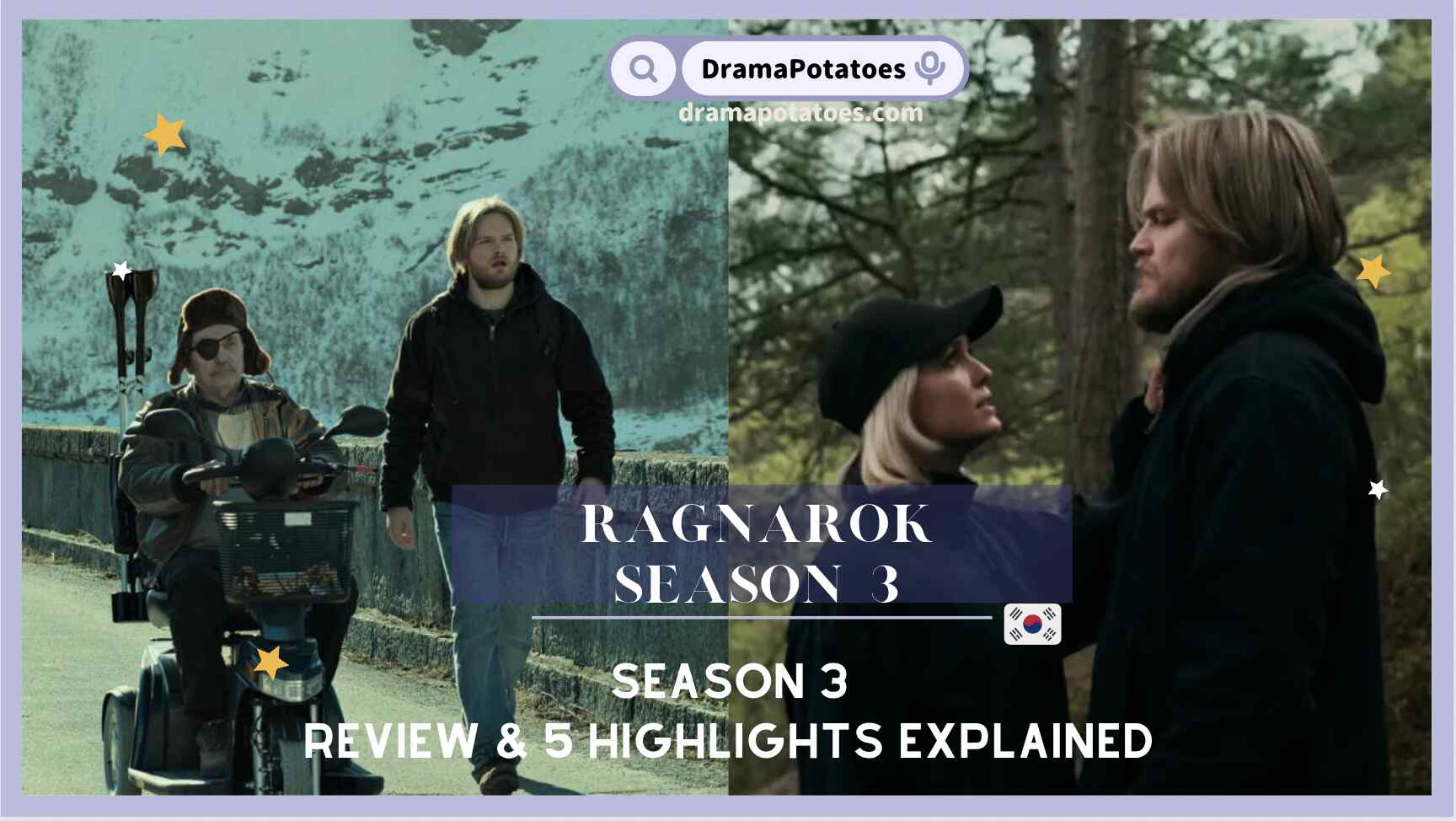




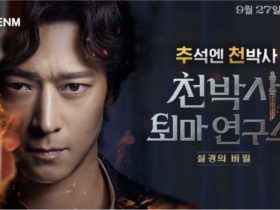











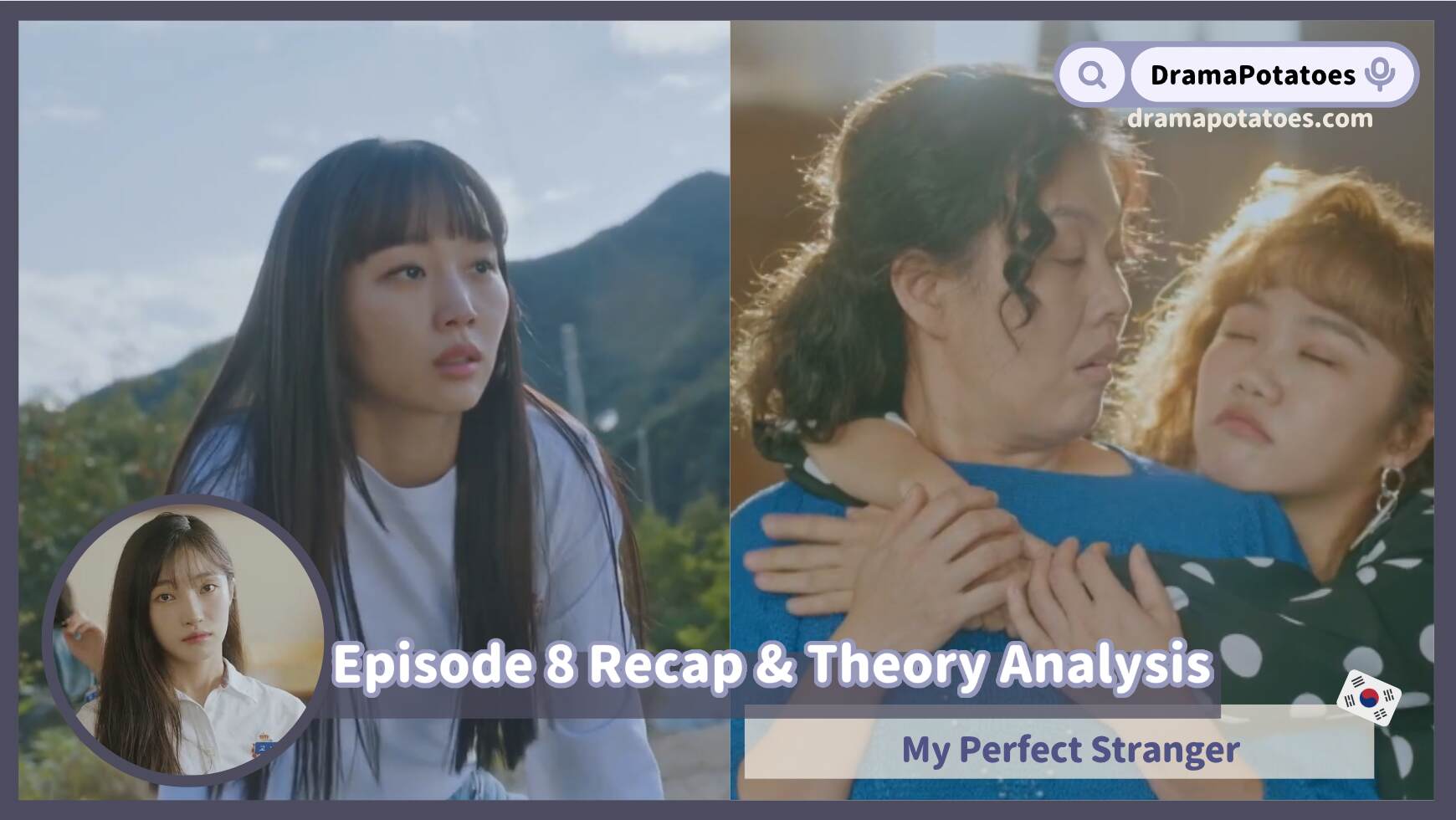

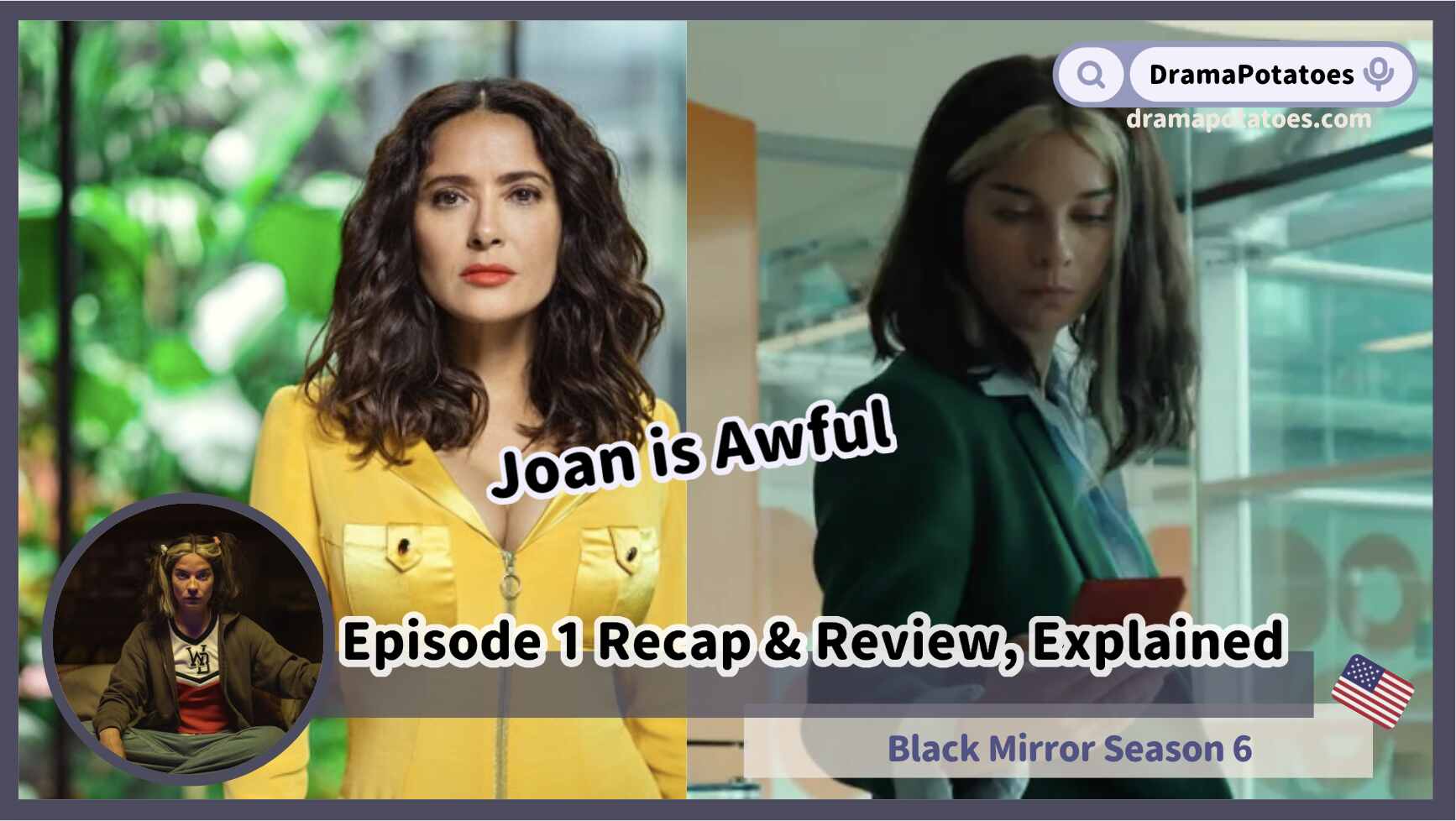

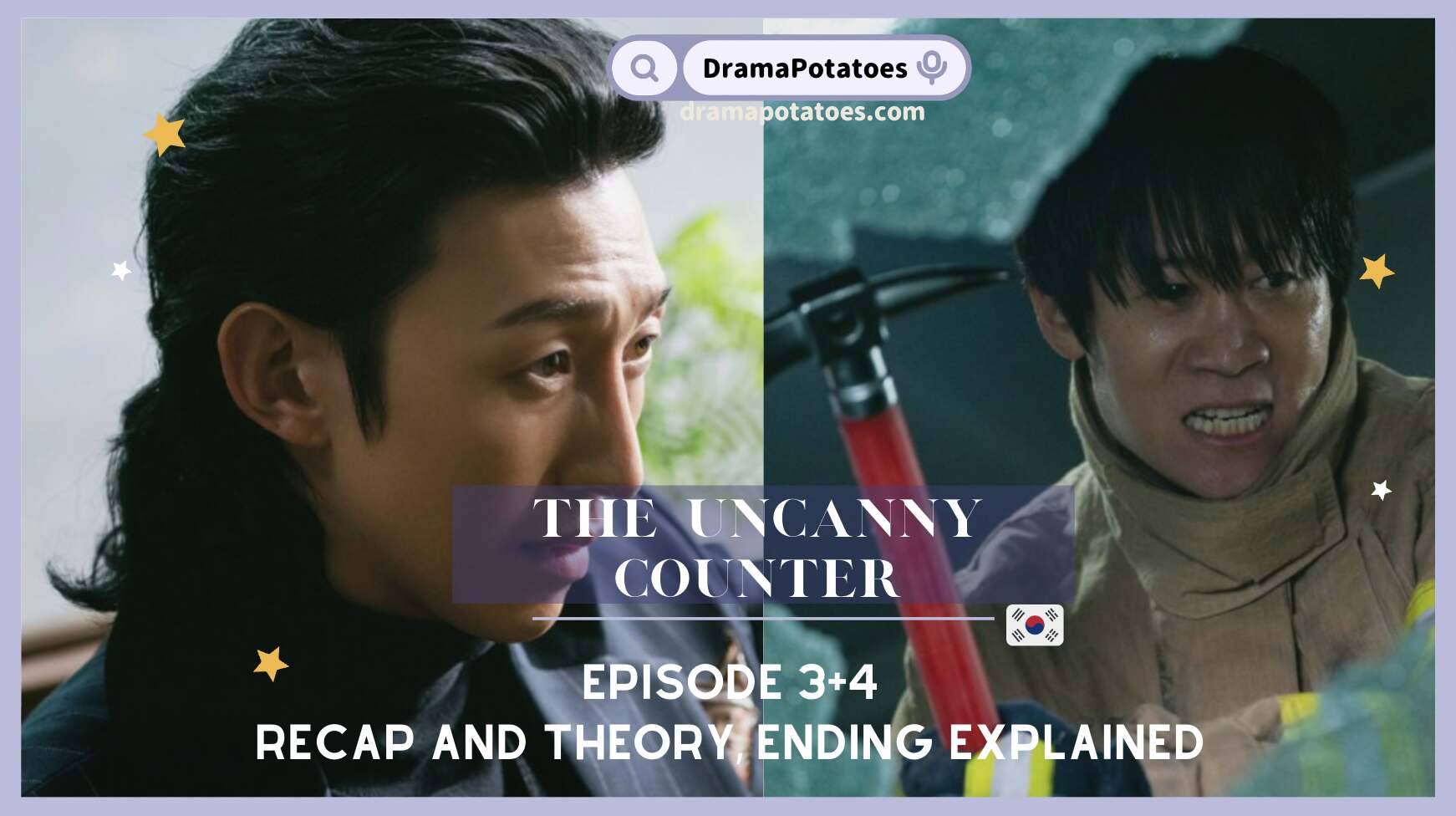

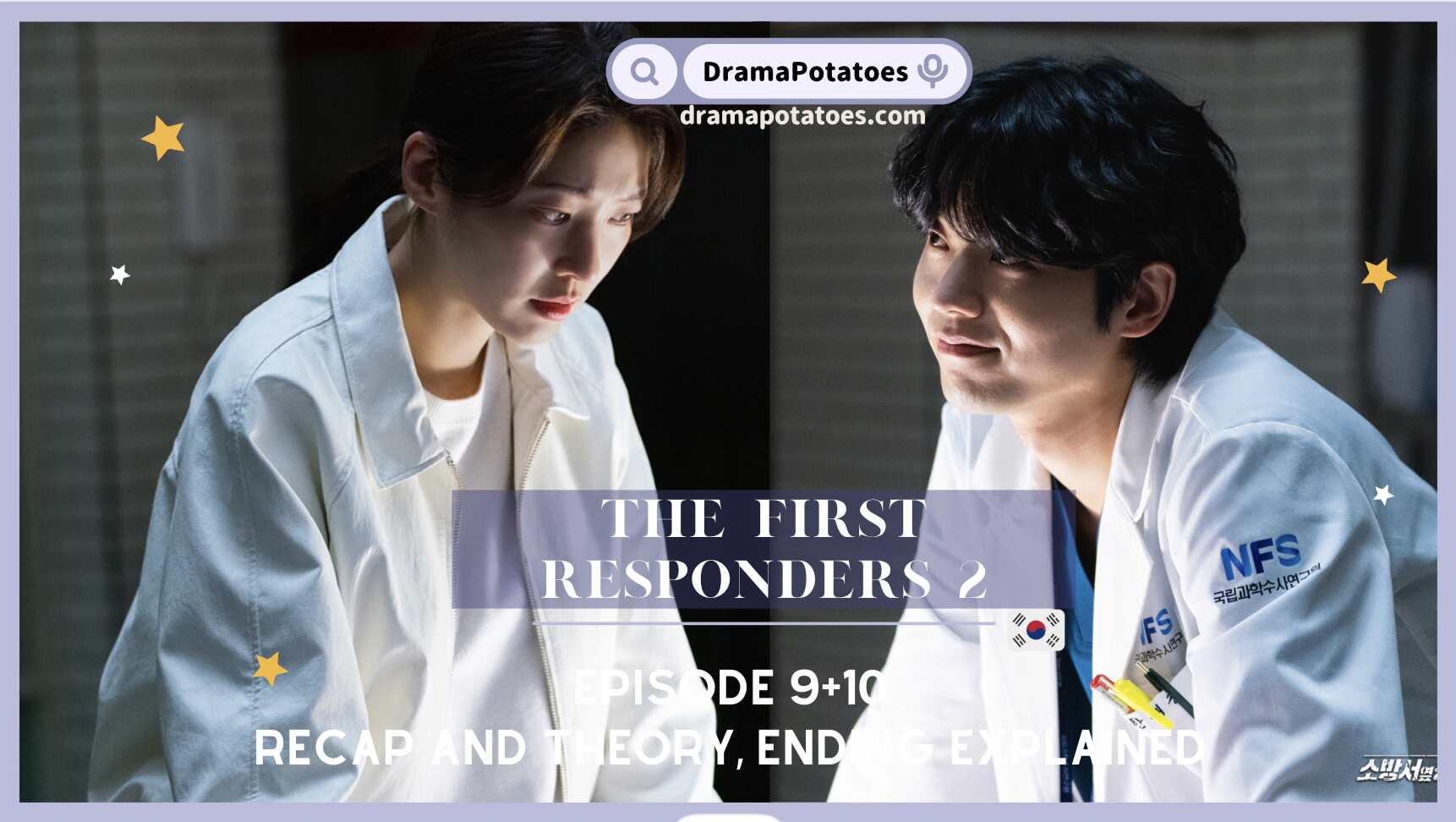
FIND US ON SOCIALS